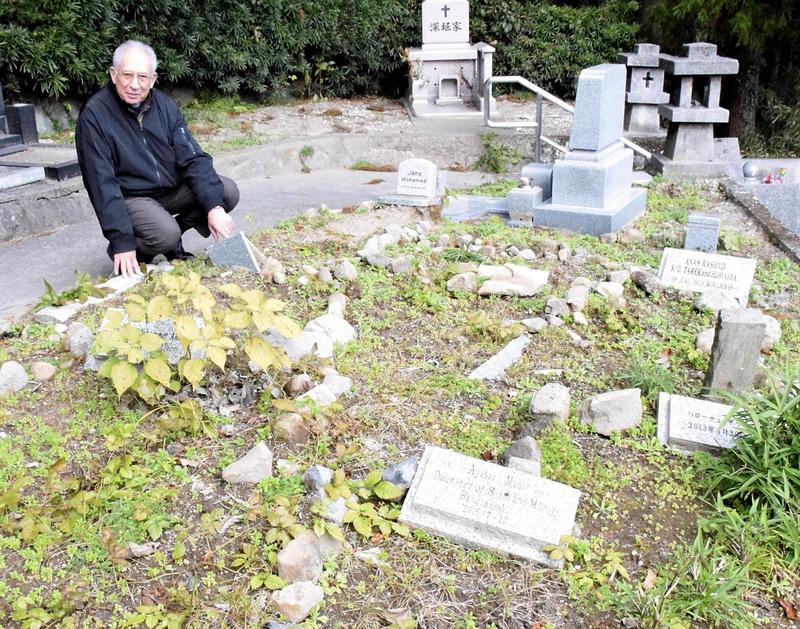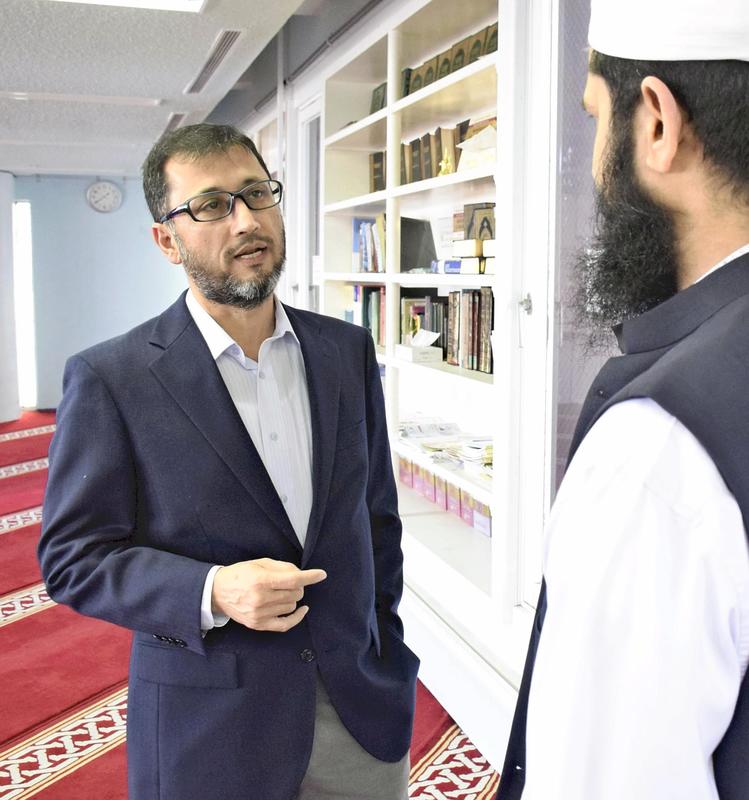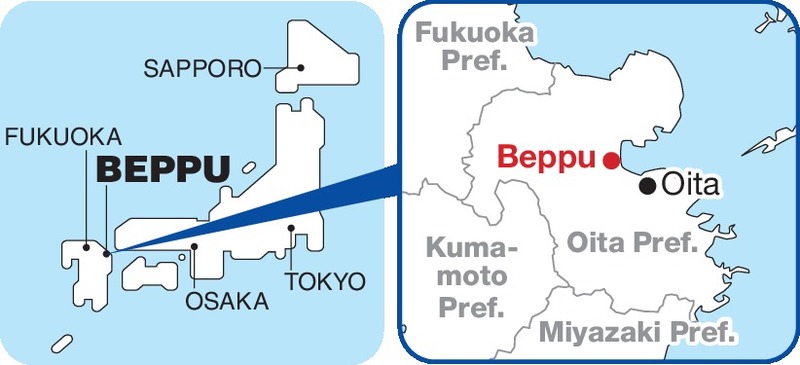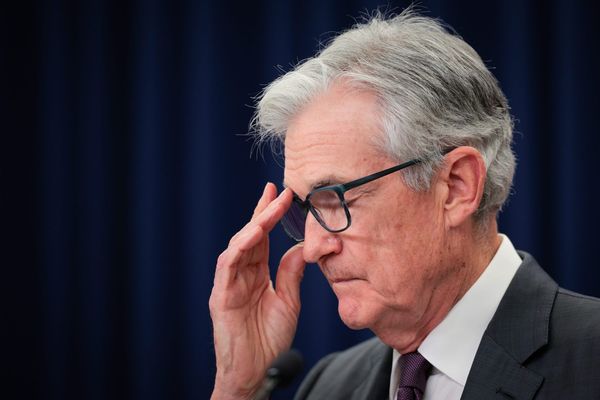
OITA -- Muslim doctrine calls for burial of the dead, but there are not enough cemeteries for that purpose in Japan.
According to the Japan Muslim Association and other sources, it is difficult to obtain consent from local residents for burial in Japan, where cremation is common. In Kyushu, there is only one cemetery where Muslims can be buried and it is located in Beppu, Oita Prefecture.
With the revised Immigration Control and Refugee Recognition Law coming into effect, the Muslim population in this nation is expected to increase. Those who wish to have "a place to mourn in Japan" are struggling to secure cemeteries.

"If this continues, it won't be possible in a few years to take in any more Muslims," said Puppo Orlando, 78, a priest at the Catholic Beppu Church. Orlando spoke in front of stone tablets with names engraved in Arabic and English, among other languages, at a Catholic cemetery in the mountains of Beppu.
It was about eight years ago that Orlando started offering vacant spaces in the cemetery to Muslims. The turning point came when Zafar Saeed, a 37-year-old Pakistani who is a secondhand car dealer in the city, told Orlando: "There's no cemetery where my newborn eldest son can be buried. I can't collect his body from the hospital."
Orlando decided to accept the body, thinking: "We're the same human beings, even if our religion is different. Mourning the dead is sacred."

Orlando has taken in about 10 people so far, but said, "I can accept only a few more."
The Japan Muslim Association estimates there are about 170,000 Muslims living in Japan, of whom about 130,000 are foreign nationals. According to the Beppu Muslim Association, about 500 Muslims live in Oita Prefecture.
Fukuoka Masjid, the first full-scale mosque in the Kyushu-Yamaguchi area, was completed in Fukuoka city in 2009. It estimates there are about 1,000 Muslims in Fukuoka Prefecture.
"There are an increasing number of Muslim people who settle in Japan through marriage or employment," said Kahn Tahir, 51, a representative of the Beppu Muslim Association. Tahir asked a Buddhist monk in Nakatsu, Oita Prefecture, named Daido Jikaku for help. Jikaku organizes a study group on Islamic culture, and the two consult with religious facilities in the prefecture and owners of existing cemetery facilities.
The Beppu city government also talks with the administrators of land where burials are allowed, but a city employee in charge said, "There's no precedent and they're often reluctant."
According to the Japan Muslim Association, people sometimes take bodies to their home country at great expense if burial is not possible in Japan.
Tahir said: "Any place will do. I want to create an environment to mourn when someone passes away in Japan."
Fukuoka Masjid has relied mainly on Orlando's cemetery in Beppu, because the mosque does not own a dedicated cemetery. In cooperation with the Beppu Muslim Association, Fukuoka Masjid hopes to locate land for a dedicated graveyard in Fukuoka Prefecture or other municipalities in the Kyushu region.
Opposition from local residents
Burial itself is not regulated under the law concerning graveyards and burials, and requirements for opening a cemetery are specified in ordinances and regulations of local governments. However, it is actually difficult to create a new cemetery for burials. Although Fukuoka city does not prohibit burials under any ordinance or regulation, it is necessary to obtain the consent of local residents.
"Dissenting voices have increased in recent years, even when opening a cemetery for cremated remains or a repository. I think that establishing an unfamiliar cemetery for burials is much harder," said a city official in charge of environmental health.
There are cemeteries dedicated to Muslims in Hokkaido, Yamanashi and Shizuoka, among other prefectures. In the cemetery managed by a Buddhist temple in Joso, Ibaraki Prefecture, there are 500 sections for 500 people rented by the Japan Islamic Trust based in Tokyo.
Plans faltered at one point in another prefecture due to strong opposition from local residents, but were realized when the chief priest of the temple extended a helping hand.
"The bond between the residents and the priest is strong, and they listened to what he said," a spokesperson of the Japan Islamic Trust said.
Read more from The Japan News at https://japannews.yomiuri.co.jp/







